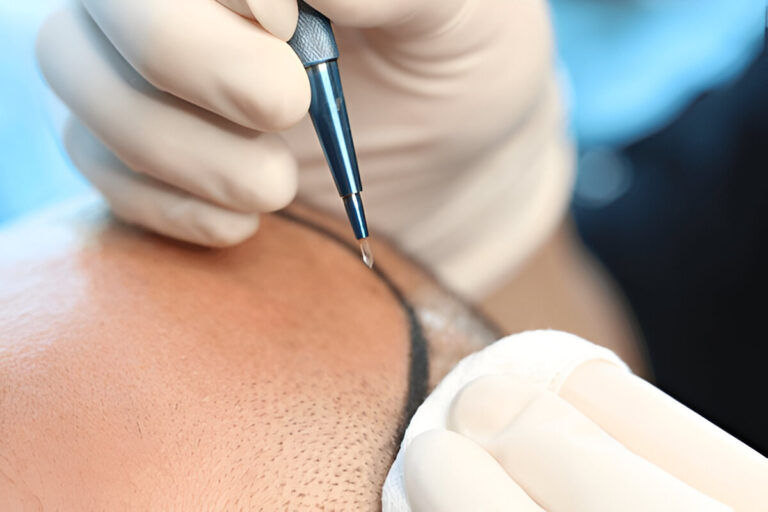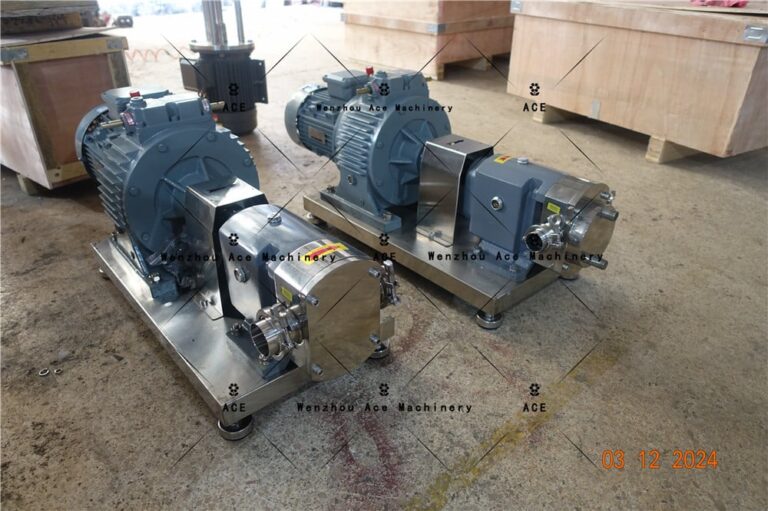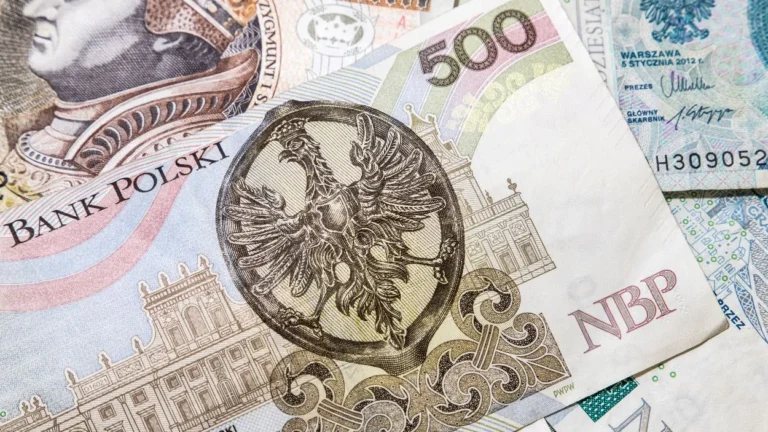Undergoing a hair transplant UK or any hair transplant in the UK procedure can be a transformative experience. After investing time, money, and effort into restoring your hair, it’s essential to know how to maintain it to ensure long-term, healthy growth. The steps you take after the transplant can significantly impact the final results. Let’s explore how to properly care for your hair after a transplant and ensure you get the best possible results.
The Importance of Post-Transplant Care
After a London hair transplant, your scalp needs time to heal and adjust to the newly transplanted follicles. Proper post-transplant care is critical to avoid complications and support healthy hair growth. While the procedure itself can provide a permanent solution to hair loss, the healing process is just as essential to ensure that the transplanted hair takes root and grows as expected.
Your surgeon will provide you with aftercare instructions, and it’s essential to follow these recommendations carefully. This will help you avoid unnecessary scarring, infections, or poor hair growth outcomes.
How to Wash Your Hair After a Transplant
One of the first questions many patients have after their hair transplant in the UK is how to wash their hair. In the first few days after the procedure, it’s crucial to avoid washing your hair too vigorously. Your surgeon will typically recommend waiting 2 to 3 days before gently cleansing your scalp. During this time, your scalp will begin healing, and cleaning it too early can disrupt the newly transplanted follicles.
When it’s time to wash your hair, use a mild, sulfate-free shampoo to prevent irritation. Avoid rubbing or scrubbing your scalp. Instead, gently apply the shampoo and rinse with lukewarm water. This gentle washing technique will help to avoid scabbing or damage to the transplanted follicles.
Protect Your Scalp From the Sun
After a London hair transplant, your scalp will be susceptible to sunlight. The newly transplanted follicles are delicate, and exposure to direct sun can cause irritation and hinder the healing process. It’s essential to keep your scalp protected during the first few weeks after the procedure.
Wear a soft hat or cap when you’re outdoors to shield your scalp from the sun. If wearing a hat is not an option, apply sunscreen to the transplant area to prevent sunburn. This is especially important as the skin is healing, and avoiding sunburns will also prevent permanent pigmentation changes.
Avoid Strenuous Physical Activity
While you may be eager to return to your routine after a hair transplant in the UK, it’s important to avoid strenuous physical activities for a few weeks after the procedure. Activities that increase blood pressure, such as heavy exercise, can lead to increased swelling and potentially affect the healing process. It’s best to ease back into exercise gradually, avoiding high-impact or intense workouts for at least 3 to 4 weeks.
Excessive sweating from exercise can also irritate the scalp, so it’s best to give yourself time to heal properly before getting back to your regular physical activities.
Maintain a Healthy Diet
A balanced, nutrient-rich diet plays a significant role in maintaining healthy hair after a hair transplant in London. Eating foods that promote hair growth can help nourish the newly transplanted follicles and encourage optimal hair growth.
Focus on eating foods high in biotin, zinc, vitamins A, C, D, and E, as these are known to support healthy hair growth. Protein-rich foods such as lean meats, fish, eggs, and legumes also help to strengthen hair strands. Drinking plenty of water is also essential to keep your scalp hydrated, which promotes better overall hair health.
Avoid Smoking and Alcohol
Smoking and excessive alcohol consumption can negatively impact the health of your hair and interfere with the healing process after a hair transplant in the UK. Smoking reduces blood flow to the scalp, which can hinder the nutrients that reach your hair follicles. This can affect the growth and survival of your transplanted hair.
Similarly, alcohol dehydrates your body and scalp, which can impair healing. If possible, it’s best to avoid smoking and limit alcohol consumption during the recovery period after your transplant. This will help ensure that your hair grows as thick and healthy as possible.
Follow-Up Appointments
After your London hair transplant, your surgeon will schedule follow-up appointments to monitor your progress. These appointments are essential for tracking the growth of your transplanted hair and ensuring there are no complications. The surgeon can also provide advice on how to care for your hair in the months following the procedure.
During these visits, you’ll have the chance to ask any questions you might have about your hair growth and recovery. Your surgeon can also give you tips for maintaining healthy hair as it grows.
Be Patient With the Results
One of the most important things to remember after a hair transplant UK is that results take time. The transplanted hair will initially shed within a few weeks, and this is a regular part of the process. Over time, new hair will begin to grow, but it can take several months before you start to see noticeable improvements.
Full results from a hair transplant usually take around 9 to 12 months to develop fully. Patience is essential during this period, as hair growth is gradual. It’s important to avoid the temptation to judge the results too early and to give your new hair the time it needs to grow naturally.
Conclusion
Maintaining healthy hair after a hair transplant is just as necessary as the procedure itself. By following the proper aftercare instructions, protecting your scalp, maintaining a nutritious diet, and being patient, you can ensure the best possible results. A London hair transplant can restore your hair and your confidence, and with the proper care, you’ll enjoy lasting, natural-looking results.









